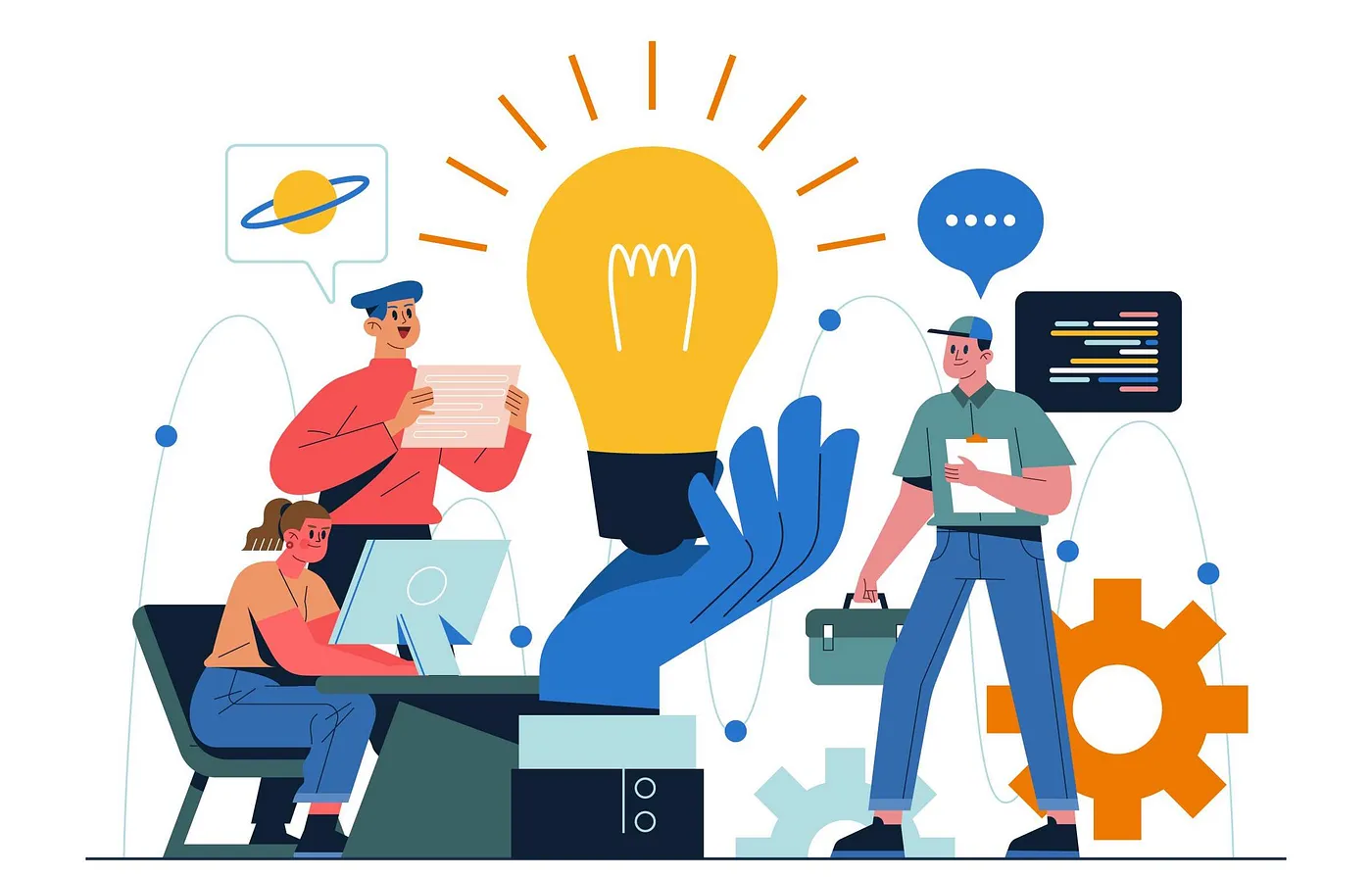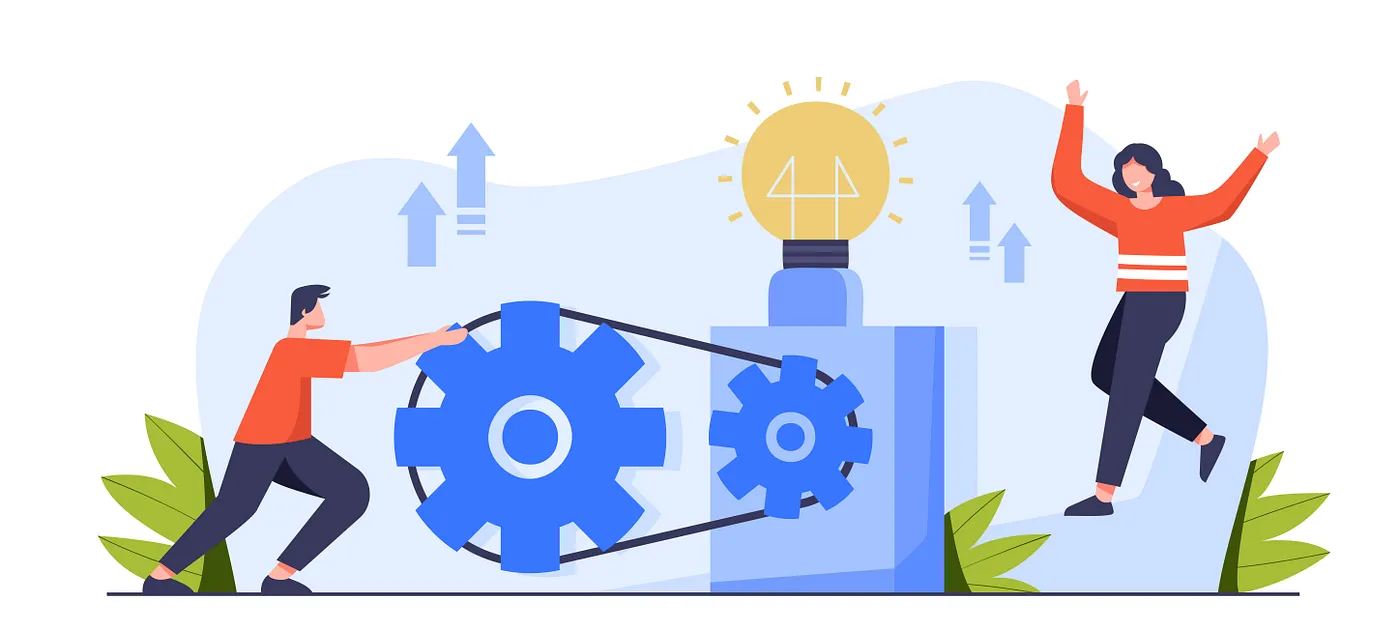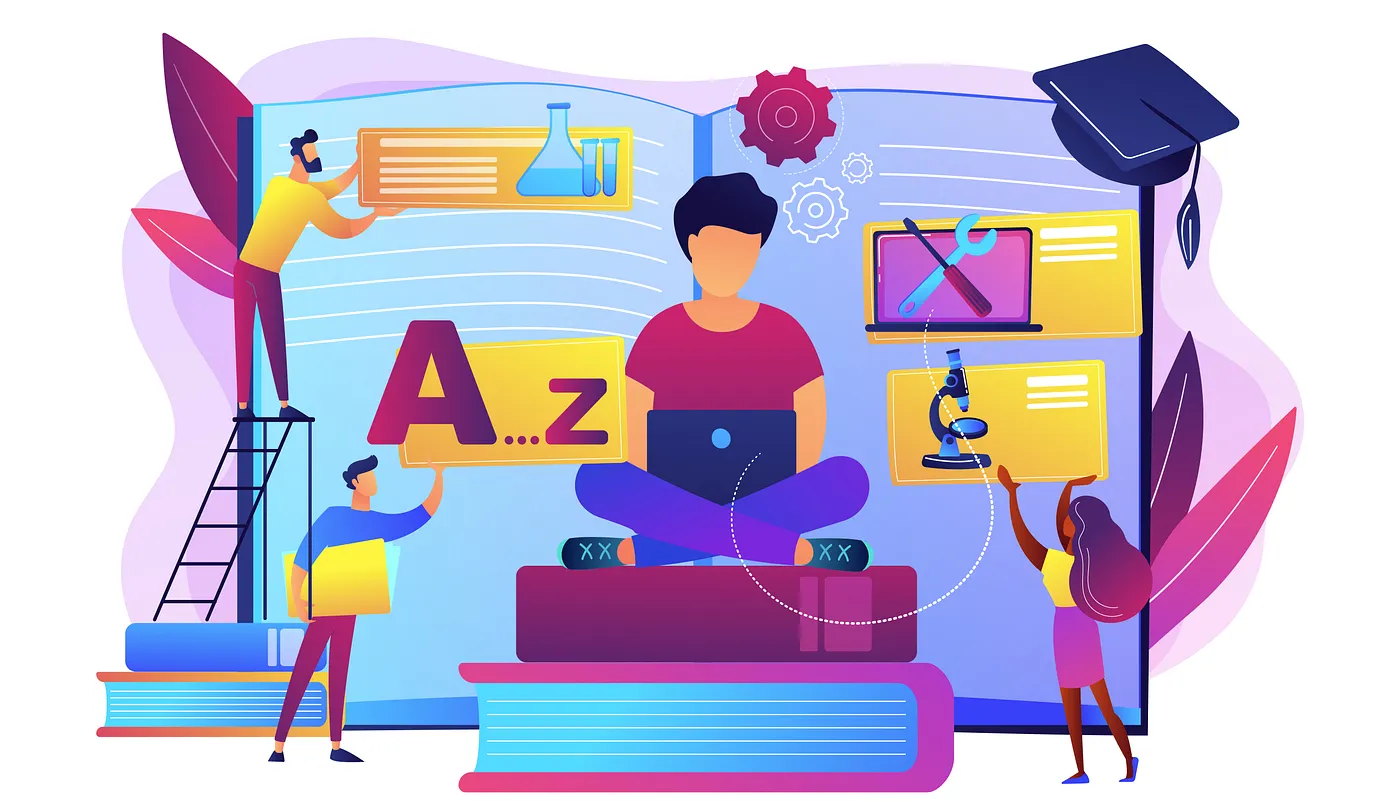The Irreplaceable Aspects of Software Engineering: What AI Can’t Overtake

In recent years, the rapid advancement of artificial intelligence (AI) has sparked discussions about its potential to replace human roles in various industries. The field of software engineering, which is essential for developing and maintaining complex software systems, is no exception. While AI has made significant progress and can automate certain tasks, there are several aspects of software engineering that remain uniquely human and cannot be fully overtaken by AI. In this blog post, we will explore the aspects that highlight the irreplaceable nature of software engineers in today’s technology landscape.
1. Creativity and Innovation

Software engineering requires creativity and innovation to design and develop novel solutions to complex problems. While AI can assist in generating ideas and exploring possibilities, it lacks the imaginative capabilities and intuition that human engineers possess. Software engineers are able to think critically, analyze requirements, and come up with innovative solutions that push the boundaries of what is possible.
2. Problem-Solving and Decision-Making

AI excels at processing large volumes of data and performing calculations quickly. However, when it comes to problem-solving and decision-making in dynamic and ambiguous situations, human engineers have the advantage. Software engineers can leverage their experience, domain knowledge, and intuition to navigate complex scenarios, make informed decisions, and consider various factors beyond pure data-driven approaches.
3. Collaboration and Communication

Software development is rarely an isolated activity. It involves collaboration with team members, stakeholders, and clients. Effective communication, active listening, and understanding the needs of different stakeholders are crucial in software engineering. Human engineers can comprehend nuances, engage in productive discussions, and negotiate trade-offs, fostering effective teamwork and ensuring that software meets the desired
4. Ethical and Social Considerations

Software engineers play a vital role in ensuring that technology is developed ethically and with consideration for social impact. They can assess the potential consequences of software systems, identify biases, and address ethical concerns. AI, while capable of learning from data, lacks the human values and ethical judgment required to make informed decisions regarding the impact of software on individuals, society, and the environment.
5. Adaptability and Continuous Learning

The field of software engineering is constantly evolving, with new technologies, frameworks, and paradigms emerging regularly. Software engineers need to be adaptable and continuously update their knowledge and skills to stay relevant. While AI can automate certain routine tasks, it is human engineers who can grasp the broader context, understand the underlying principles, and quickly adapt to changes in the technology landscape.
AI has undoubtedly transformed various aspects of software engineering and will continue to do so in the future. However, there are fundamental aspects of the profession that AI cannot fully replace. The creative thinking, problem-solving abilities, collaboration, ethical considerations, and adaptability demonstrated by software engineers remain essential in delivering innovative and responsible software solutions.
